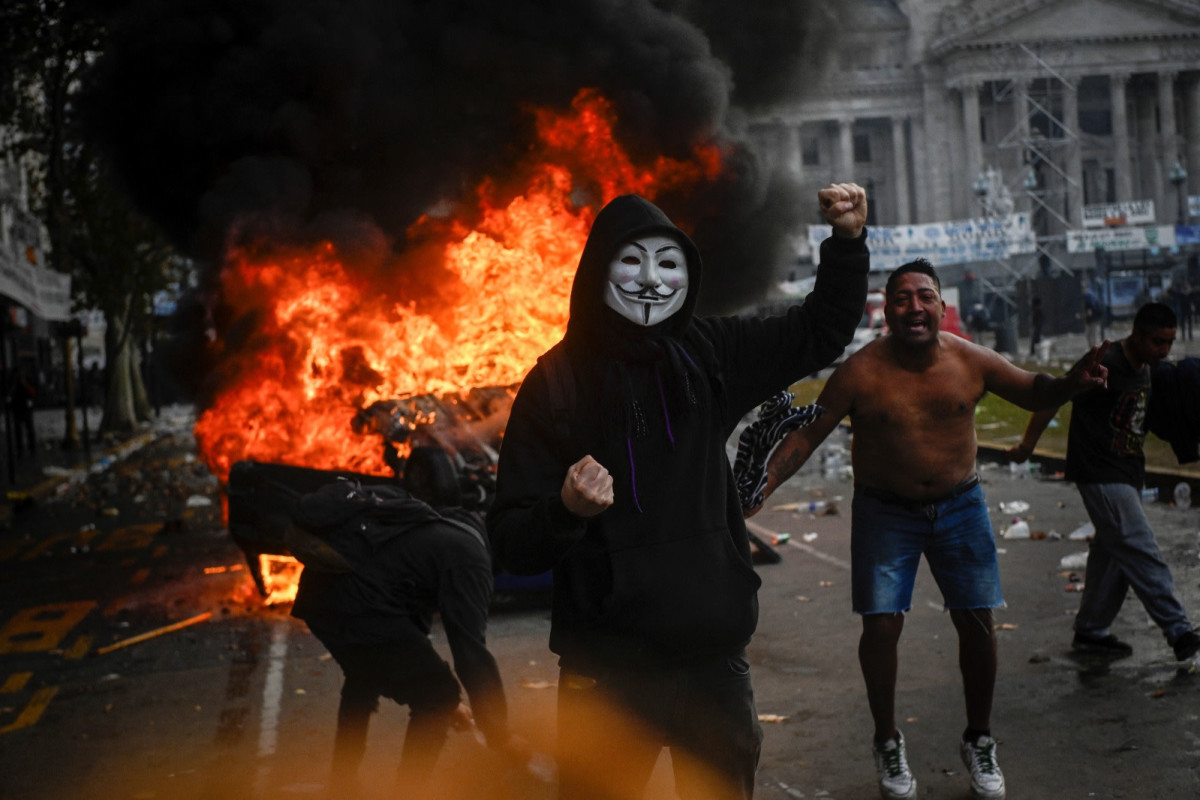Reports from Argentinian media indicated that protesters returned to the streets after the bill was passed in the Senate, leading to the arrest of 33 protesters. Meanwhile, a contentious debate raged on between coalition and opposition members over two bills that were granted provisional approval. The streets were filled with thousands of protesters who set cars on fire and threw Molotov cocktails. Security service soldiers responded with tear gas and water jets.
Dr. Sebastian Claure, a historian and expert on immigration and Latin American Jewry at the University of Haifa, discussed the latest developments in Argentina with Maariv. He explained that the bill had passed the Senate but was currently being debated in the House of Representatives. Claure noted that while the original proposed law contained 600 sections, it had been softened down to just 200 sections before passing through Congress. He anticipated further modifications may occur during this process.
The bill aims to bring about comprehensive reform in Argentina, covering areas such as privatization, professional clerkships, deregulation of economic government intervention, and privatization in education and pension policies. The demonstrations in the streets reflect fundamental differences in worldviews between coalition members who support President Javier Millay’s policies and opposition groups who are against them. Dr. Sebastian Claure highlighted concerns that even though some parts of the law have been modified, it still favors the wealthy and could adversely affect working-middle class individuals’ rights and services.
Argentina has faced political unrest every seven years due to economic crises which have led to widespread protests against foreign capital exploitation by President Javier Millay’s government policies. Critics accuse him of being lenient towards foreign capital at the expense of his own population’s needs for basic services such as healthcare and education systems. Despite these backlash protests from opposition groups, including concerns raised about constitutional issues preventing further legislation changes, it is expected that this bill will eventually pass undergoing further revisions based on popular demand.
In conclusion, despite violent demonstrations by protesters against President Millay’s government policies regarding pension reforms among other social issues like public services accessibility; reports suggest these bills are going through legislative procedures before final approval is obtained from Congress or senate chambers respectively.

